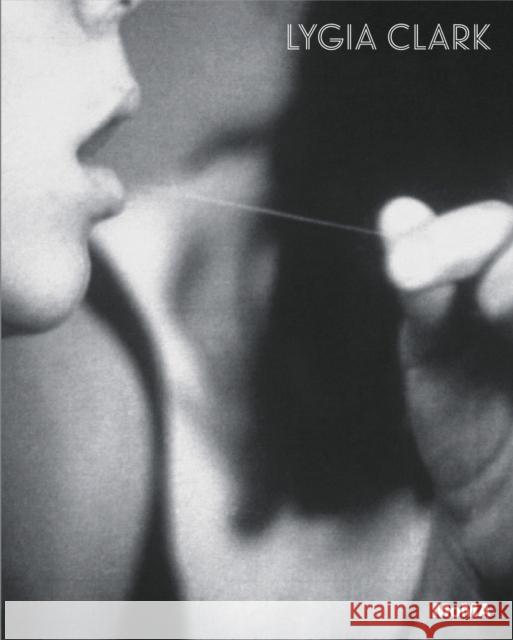Lygia Clark: The Abandonment of Art, 1948-1988 » książka
Lygia Clark: The Abandonment of Art, 1948-1988
ISBN-13: 9780870708909 / Angielski / Twarda / 2014 / 336 str.
Published in conjunction with a major retrospective of the work of Brazilian painter, sculptor and performance artist Lygia Clark, this publication presents a linear and progressive survey of the artist's groundbreaking practice. Having trained with modern masters from the late 1940s to the mid-1950s, Clark was at the forefront of Constructivist and Neo-Concretist movements in Brazil and fostered the active participation of the spectator through her works. Examining Clark's output from her early abstract compositions to the -biological architectures- and -relational objects- she created late in her career, this is the most comprehensive volume on the artist available in English. Three sections based on key phases throughout her career--Abstraction, Neo-Concretism and The Abandonment of Art--examine these critical moments in Clark's production, anchor significant concepts or constellations of works that mark a definitive step in her work, and shed light on circumstances in her life as an artist. Featuring a significant selection of previously unpublished archival texts of Clark's personal writings, it is a vital source of primary documentation for twentieth-century art history scholarship.
Lygia Clark (1920-1988) trained in Rio de Janeiro and Paris from the late 1940s to the mid-1950s. From the late 1960s through the 1970s she created a series of unconventional artworks in parallel to a lengthy psychoanalytic therapy, leading her to develop a series of therapeutic propositions grounded in art. Clark has become a major reference for contemporary artists dealing with the limits of conventional forms of art.











